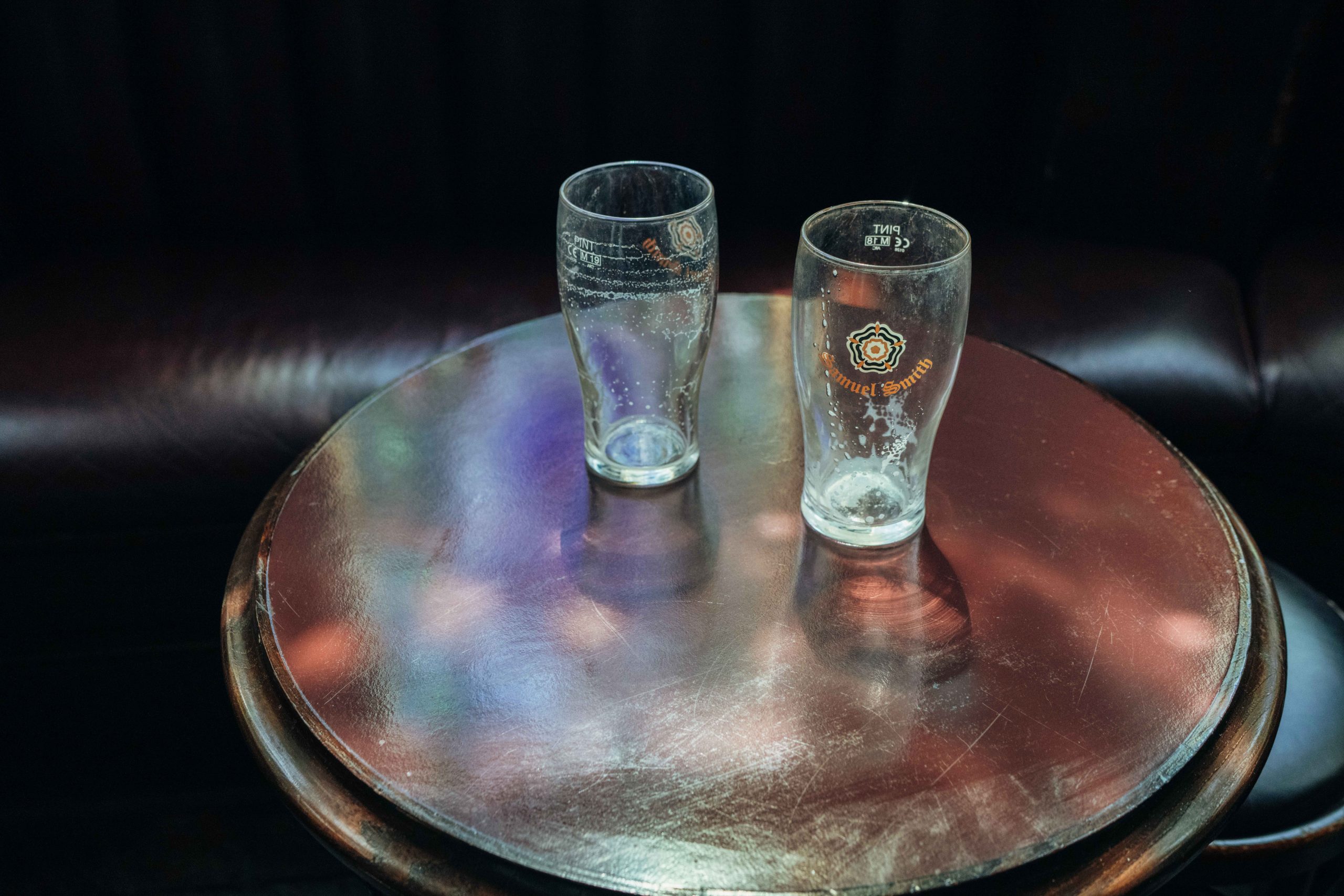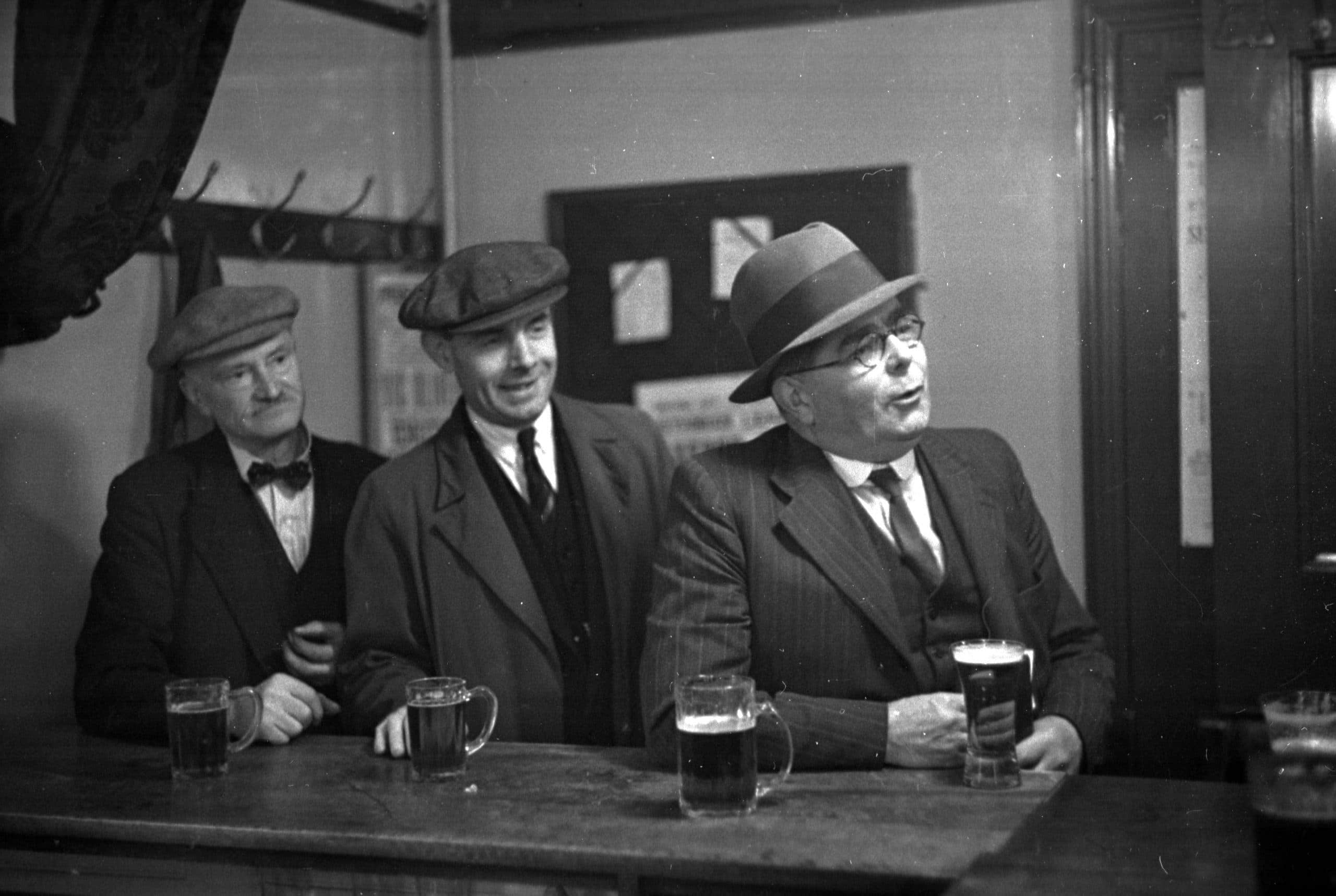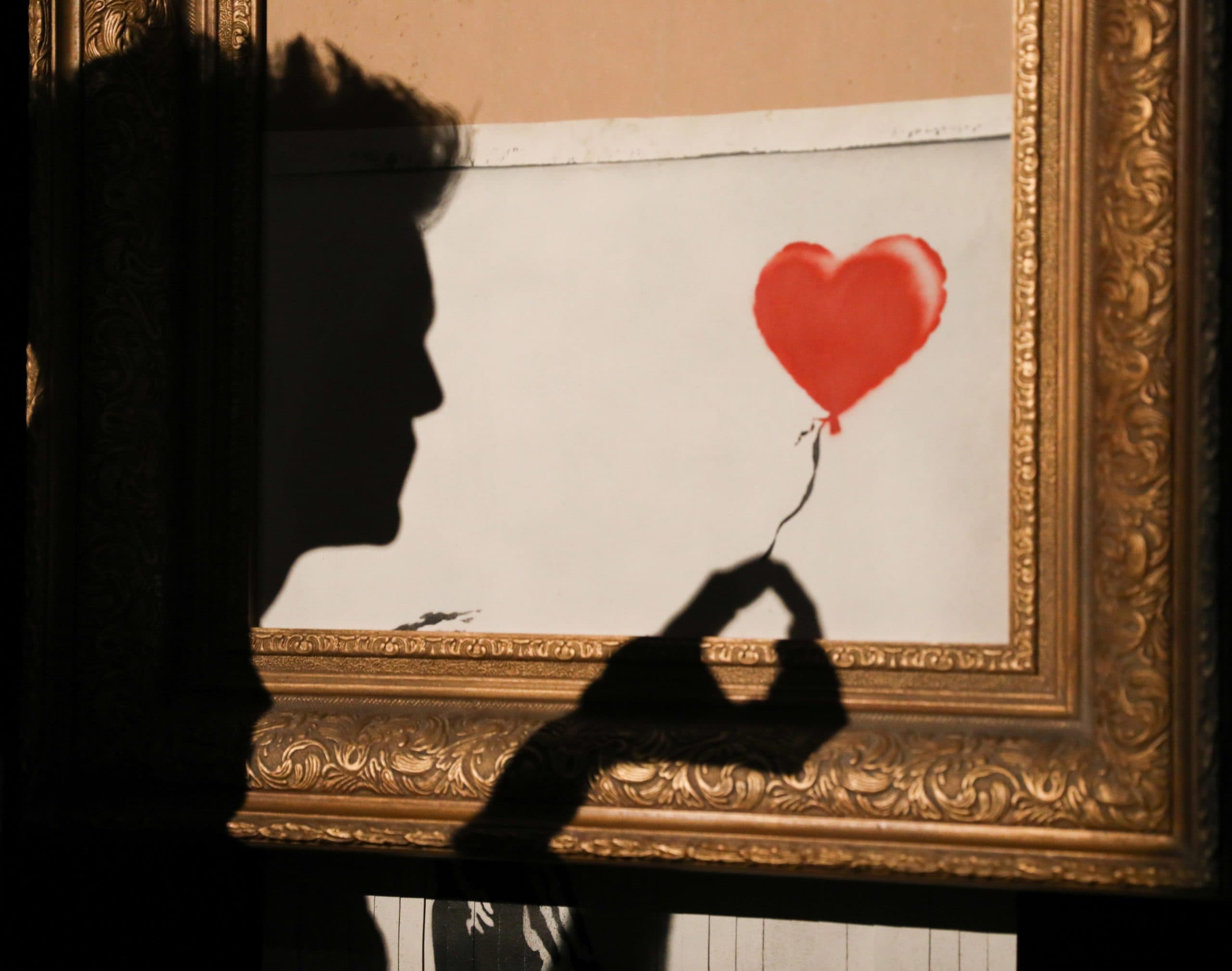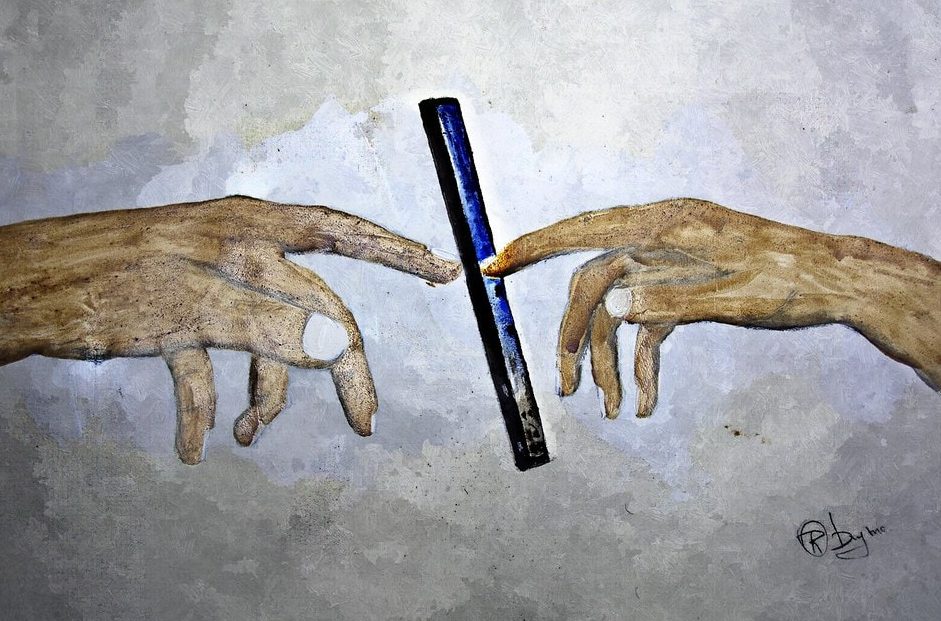
In case you didn’t get the poor pun there:
“Busy day?” I asked my barber. I wonder if they and taxi drivers ever tire of answering it.
“Yes, non-stop!” he replied.
He could have fooled me – when I arrived, he was sitting down on his phone, and there was no sign of any customers to be seen. Things seemed noticeably flat due to the absence of the other barber here who usually cuts my hair.
“Everyone books on the app now, in and out, no walk-ins,” he explained.
Despite the low ebb of the place, he had been cutting hair all day, each customer leaving just before the next arrived. The barber had made a science out of his timing, and the app was delivering a stream of customers with precision.
The death of the walk-in means we don’t have to stomp around town looking for a slot or be forced to squeeze onto the end of a leather sofa cuddled up against gym bros and curly-haired Zoomers. We book at our convenience, turn up, and get the job done.
The price of efficiency is sterility. The ambient chattering and the banter seem to be as integral to a haircut as the thing itself.

5th November 1938: Three men in an Oxford pub. Original Publication: Picture Post – 32 – Crisis By-Election – pub. 1938 (Photo by Kurt Hutton/Picture Post/Hulton Archive/Getty Images)
Popping into a shop that you wouldn’t ordinarily visit after your Turkish barber barks, “Twenty minutes, boss!” and emerging with a vintage art deco cigarette case lined with lead is part of the package.
Now though, it’s something like one-in-one-out, as you might expect with one of Futurama’s suicide booths or a brothel.
I remember being surprised the first time I encountered the Wetherspoons app. “It’s on the app now”, a mate explained as we travelled from the front door to a nearby table. Then we all got our phones out and began scrolling through the catalogue.
At the time, it was compulsory, something to do with Covid, but like a temporary government programme, it continues to hang about like a bad smell.
I’m told orders on the app get priority over those made at the bar, and if not for that reason, then something else has rendered the Wetherspoons bar enjoyer something of an endangered species.
Since then, watering holes have taken up the app and barred us from the bar, which is relegated to an ornament like a deactivated rifle on the back wall or a disused mill wheel hooked to the building exterior.

Dating apps have kneecapped romance
So, we turn up in our prior arranged groups and congregate together, insulated by table service and saved from having to cut through a gap, get a drink spilt on us, or even worse, speak to a stranger in the swamp at the foot of the bar.
Casanova said, “The sweetest pleasures are those which are hardest to be won”. He wouldn’t be a romantic in 2022, where a date is ordered like a takeaway. The energy of romance dies with the swipe. Scarcely a neuron is fired as ‘matches’ are racked up and hoarded like a video game score.
The art of courting has been almost entirely digitised. Striking up a conversation and asking someone of the opposite sex for a date would make you weirder than a Wetherspoons punter trying to pay in cash. ‘The Chase’ now means an ITV quiz show or a criminal activity.
Want to buy cinema tickets? It’s on the app. No spotted teen or neckbeard film buff is standing between you and your viewing experience. There’s no satisfactory hole punched into a paper ticket. Just a QR code scanned by a mute.
Are you ordering food? App! You don’t want to turn up at a place and risk bumping into someone or endure the pressure of calling on the phone. Just use the app; it’s more efficient. As a bonus, you can instruct the delivery driver to leave it at your door, saving you from the spectre of anxiety of having to, even for a moment, interact with a human being.

Need a taxi? Don’t parade up and down the rank talking price with the drivers. A couple of swipes will send an Uber driver to you, and besides “Busy day?” – their favourite question – you can avoid chatting and use apps on your phone to kill the journey time.
No words can instil dread so much as “There’s an app for that”. We now interface with the world using our thumbs, tap hieroglyphs on our phones, necks craning as we stare at those tiny screens.
It’s a textureless experience, a step away from transmitting Merry Christmas messages with a Neuralink chip. The drive to make everything maximally efficient makes things minimally interesting. The iconic milieu of Wall Street traders crowding out the stock exchange and fighting to be heard over a cacophony of noise has given way to silent algorithms and apps that enable the buying and selling of shares without getting out of bed.
If Romeo and Juliet were written today, there’d be no balcony scene. Instead, Romeo would tap onto his Google Pixel something about comparing thee to a Summer’s day (and receive a string of adulatory emojis in return).
Not long ago, an office had its own soundtrack, the dialling of a fax machine, the filing of documents, even the tapping of a cigarette against the edge of an ashtray on a desk. It won’t be long before ‘office’ is just a programme you type with, not unlike how the ‘call’ icon on your phone bears no resemblance to any phone many have ever seen.
Only some things need to be convenient or efficient. We are headed, as a species, towards an intergalactic wireless network into which all people are plugged, using telepathy to transmit code across the cosmos to order pizza. Said pizza will be 3D-printed at your local spaceport and dispatched by a driverless rocket to your cocoon.
That all sounds quite cool, actually – I’ve talked myself into it. I, for one, now welcome our new app overlords.


